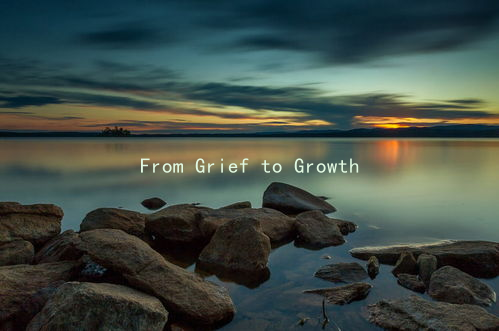Emotional Disorders and Love: Essential Strategies for Stronger Connections
Emotional Disorders and Love: Essential Strategies for Stronger Connections
Navigating the realm of love and relationships can be particularly challenging for those who grapple with emotional disorders. Understanding the intricacies of human emotions is vital for building lasting connections, and its essential to adopt effective strategies to foster deeper intimacy. Here, we explore practical techniques that can empower individuals with emotional disorders to cultivate stronger relationships.
One of the first steps in building a connection is fostering self-awareness. Individuals with emotional disorders often experience intense feelings that can complicate their interactions with partners. Engaging in reflective practices such as journaling or meditation can help clarify thoughts and emotions. By taking the time to understand personal triggers and emotional responses, one can better communicate needs and boundaries with a partner. This clarity can significantly improve mutual understanding and empathy.
Open communication is crucial for any relationship, but for those dealing with emotional disorders, it becomes even more imperative. It’s important to articulate feelings and thoughts clearly and to inform partners about any emotional challenges being faced. This not only helps to manage expectations but also invites understanding and support from loved ones. Utilizing I statements—such as I feel overwhelmed when…—can be an effective way to express feelings without placing blame and can lead to more constructive conversations.
Establishing a support system is another vital strategy. Whether it involves friends, family, or even therapy, being surrounded by understanding individuals can make a world of difference. Having a network to share feelings and thoughts can alleviate the burden of emotional struggles and provide outlets for connection and support. Furthermore, introducing a partner into this support system can foster inclusivity and help them understand the intricacies of the emotional disorder, strengthening the bond between partners.

Cultivating empathy is also essential. Partners should strive to empathize with each others experiences. For those with emotional disorders, it can be particularly challenging to manage intense feelings, and having a partner who understands this struggle can create a safe space for sharing. Engaging in active listening, where one fully concentrates on what the other person is saying without preparing a response, can lead to more profound connections and less miscommunication.
Self-care practices should never be overlooked. Prioritizing mental and emotional well-being is essential for anyone, but especially for those with emotional disorders. Engaging in activities that bring joy and relaxation can provide a grounding effect, making it easier to engage positively in a relationship. Simple actions like exercise, hobbies, and mindfulness can cultivate a more stable emotional state, which in turn can enhance relationship dynamics.
Its also vital to set realistic expectations. Understanding that relationships have ups and downs, and recognizing that emotional disorders can influence these dynamics, can foster resilience. Accepting each others imperfections and uncertainties helps build a foundation of trust and security, which is essential in any relationship.
Lastly, seeking professional help can be a game changer. Couples therapy or individual counseling can provide tools and techniques tailored to navigate the challenges posed by emotional disorders. It creates an environment conducive to open dialogue and growth, allowing partners to work through issues collectively and learn healthier communication strategies.
In conclusion, while emotional disorders can present unique challenges in relationships, they do not define the possibility of love and connection. By adopting these strategies—self-awareness, open communication, empathy, cultivating support networks, prioritizing self-care, setting realistic expectations, and seeking professional guidance—individuals can forge deeper, more meaningful connections with their partners. Love, at its core, thrives on understanding and support, and with the right tools, anyone can create a lasting bond, no matter the obstacles they face.





